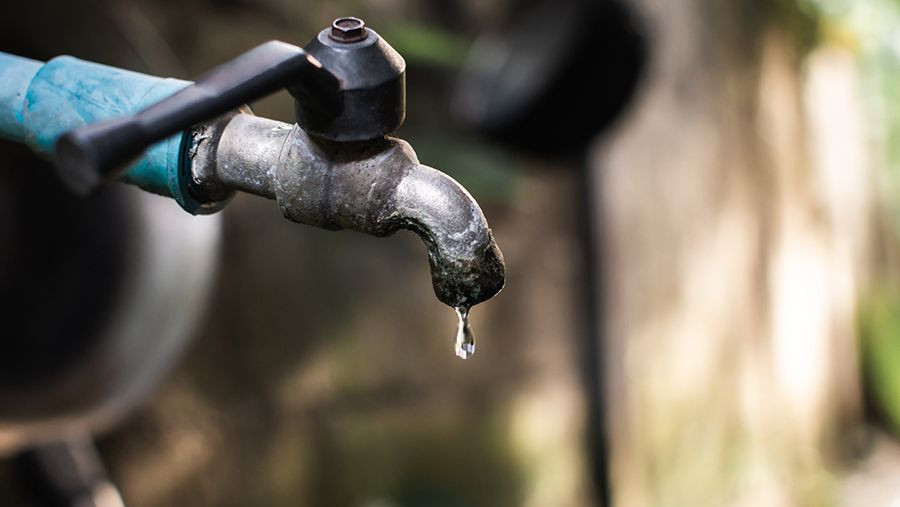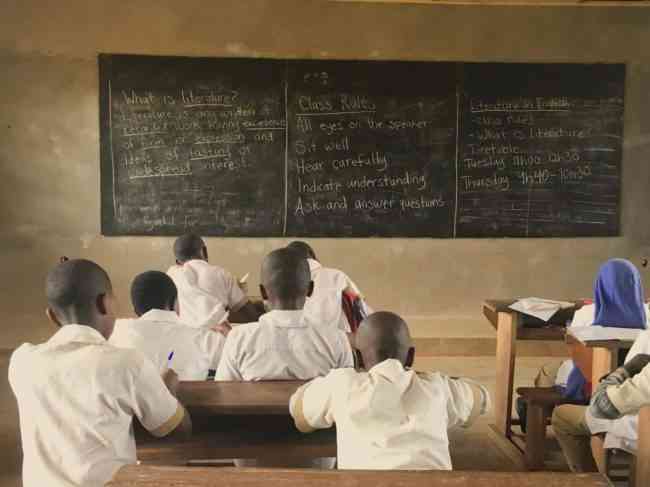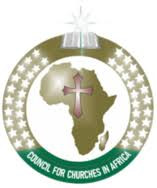
VILLAGERS of Nkandebwe, Simanhani area in Hwange, have been without potable water since 1980 with Hwange East legislator Joseph Bonda taking the matter to the National Assembly last week.
A clergyman from Makwa now provides water access to the community at a time when the local authority has been relutant to assist.
The dam was built for the Roman Catholic Church by the clergyman (name supplied).
“The controversial 35 000 boreholes for every village mantra by government is unnecessary for such areas which can get water from the Zambezi River,” Bonda told the Southern Eye yesterday.
“Revolving around this question, I find no sense for borehole drilling as water is readily available and boreholes achieve 0% water yield. Water is found around 150 metres or deeper.”
Bonda last week told Parliament of the water challenges in Nkandebwe, Simangani (ward 10) asking the Lands, Agriculture, Fisheries, Water and Rural Development ministry to update the House on government plans for the provision of water to such areas.
Lands and Agriculture deputy minister Vangelis Haritatos said the areas were covered under the Zimbabwe National Water Authority’s public sector investment programme funded scheme, the Rural Water Supply Development.
“This programme entails the resuscitation of former village water supply schemes and developing new rural water supply systems through identifying suitable water sources and constructing water treatment plants, storage reservoirs and reticulation systems.
- ZRBF rescues hunger-prone communities
- Fertiliser price increase, a result of global shocks
- January Disease kills 500k cattle: Govt
- Beware of fake livestock vaccines, govt warns
Keep Reading
“This programme has seen the resuscitation of water supply schemes such as Masase in Mashonaland East province and construction of completely new water supply stations like the one at Bomba business centre in Midlands province.
“The Simangani community, together with the communities along the Zambezi River, will benefit from this programme and the water source will be the Zambezi River.”
Haritatos said many areas around Zimbabwe had boreholes that yielded little to no water, adding that there was a need for reticulation to solve the country’s water woes.
However, Bonda challenged the government to provide water to communities that are near the Zambezi River.
“Why is government having challenges to supply water to the communities along the Zambezi with plenty of available perennial water bodies? The constitutional right to water is not being adhered to in this area,” he said.
“Now, my question is, is there any budget, as the minister is promising that DDF and all those other institutions under the ministry will provide the water? Is there a budget that has been set aside to do such?”
In response, Haritatos said most of the projects were allocated funds which did not meet project requirements.
“We would want to do the entire country, but we are limited by our finances. We want to give hope and as I read it in my report, I think this community is one community that will benefit from our Rural Water Supply Development,” he said.
“What we would like to encourage our Members of Parliament is that in specific areas, like this specific ward, if you feel that there are water-related concerns in your specific constituencies, please bring them to us.
“We do not mind looking at them on a case-by-case basis. Should the budget and Treasury favour us with some money, we definitely can put in some resources,” he said.
Haritatos said the government was prioritising the drilling of 35 000 boreholes covering every village across Zimbabwe.
“As I mentioned and referred to in my previous answer, some places unfortunately can drill and drill and these boreholes continue to yield little to no water.
“So definitely, reticulation is part and parcel of the success story, but it is not only about reticulation; it is also about ensuring that water is clean because we are talking about potable water, which means it must be consumed,” he said.









